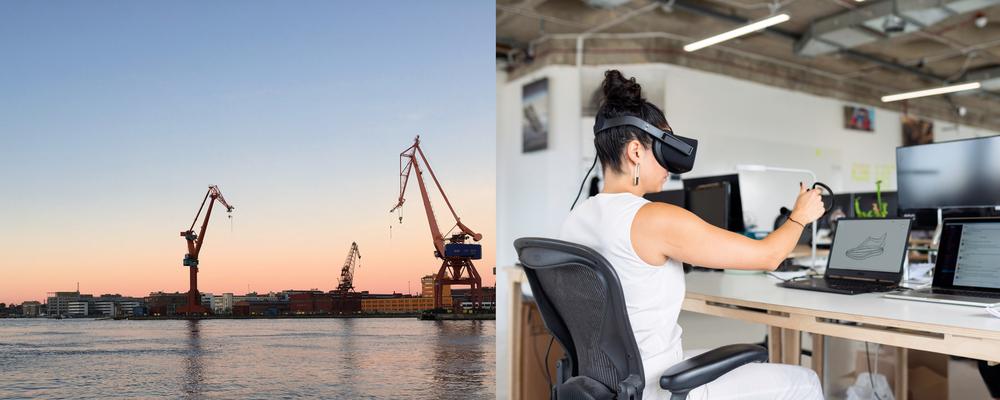U-GOT KIES - Centre on knowledge-intensive innovation ecosystems

The Gothenburg U-GOT KIES centre focuses our attention on the dynamics of knowledge-intensive innovation ecosystems, and especially how and why they help create conditions for economic growth and impact the prosperity of societies.
The Gothenburg U-GOT KIES centre is designed to bring together people interested in knowledge-intensive innovation ecosystems. Our community is engaged in many issues about innovation and entrepreneurship, ranging from individuals to organizations and policy, and we believe that societal impact comes through excellent research, graduate education, and interaction with society on these topics.
No events are currently published.
Our goals
Our goals are:
- Stimulate world-class research on knowledge-intensive innovation ecosystems
- Impact graduate education in innovation and entrepreneurship
- Promote societal impact and dialogue with society, on these topics.
Through the centre, scholars from different disciplines, along with stakeholders outside the university, will analyze and reflect upon the interactions between technology, society, and the economy in order to understand what is driving transformation and change.
Research and societal dialogue
Research and societal dialogue through U-GOT KIES activities will provide solutions by integrating three pillars of scholarly inquiry, visualized below.
Knowledge-intensive innovation ecosystems
Our conceptualization of knowledge-intensive innovation ecosystems are based on different types of scientific, technical and creative knowledge and coordinate various actors from academia, business and public activities to drive knowledge-intensive innovations. Innovation ecosystems can consist of both physical meeting places for different actors and of working methods that facilitate innovation within and between companies and organizations. Both Swedish and international researchers from different disciplines will collaborate with external actors to study how technology, society and economy interact.
In order to tackle grand societal challenges and to achieve goals involving sustainability, both society and the economy must undergo structural transformation. Creative destruction is an important mechanism for structural transformation. It is a dynamic process by which obsolete economic and technical structures are replaced by new ones. Moreover, creative destruction is a mechanism of experimentation where existing resources are repurposed for new uses. Knowledge-intensive entrepreneurial ecosystems represent pathways through which these processes unfold on a regional, national, and a global scale.

Technology is driving rapid economic and societal change. We must analyze how the long-term provision of technological knowledge – developed in combination with scientific, medical, engineering, as well as managerial and creative knowledge – unfolds.
Public policy and societal goals also matter. We must critically understand technology in relation to its social context including public policy and societal goals such as sustainability. The purposes for which technology is developed matter.
Innovation and entrepreneurship are the activities which translate knowledge and ideas into something economically valuable and socially impactful. We must analyze innovation and entrepreneurship while focusing upon their dynamic impacts on growth and development.
Affiliated members and our activities will influence societal debates, using digital tools to connect national and international colleagues and societal stakeholders.
















